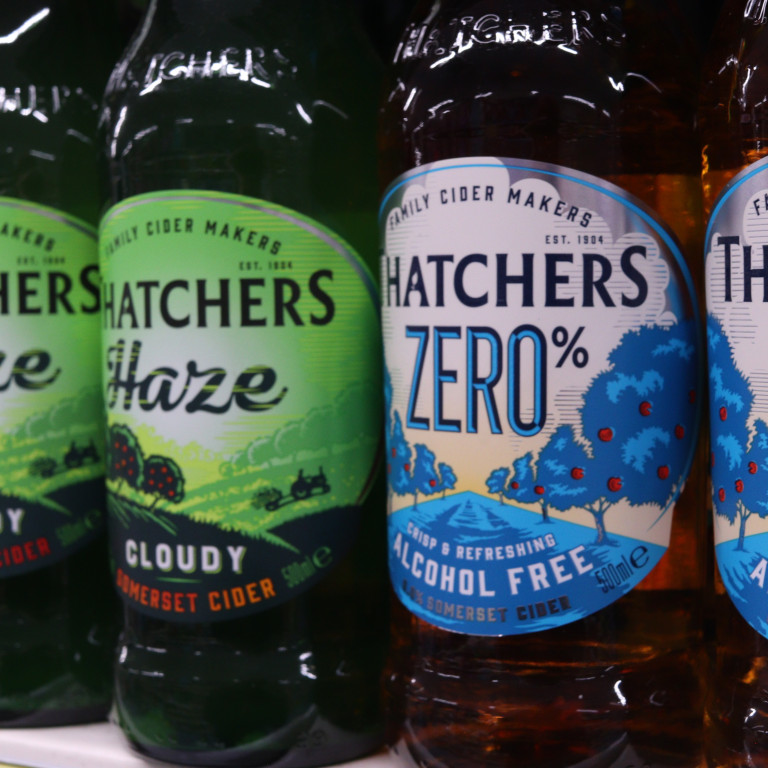Exeter Chiefs have unveiled a new logo in a daring move away from the current branding the club has used since 1999.
Exeter Chiefs’ official chairman and chief executive, Tony Rowe OBE, said that the name ‘Chiefs’ has been used as the title of the first team in Devon rugby clubs for “well over 100 years”. Mr. Rowe said, “We’ve done a lot of research and probably discovered why rugby clubs for well over a century have called their first team ‘Chiefs’.”
The word ‘Chiefs’ is synonymous with Devon and the club will keep the nickname but use new imagery from the Celtic Iron Age Dumnonii tribe, which the club says was based in Devon, Cornwall, and parts of Devon and Somerset for “many hundreds of years before the Roman occupation from AD43”.
The new logo will take effect from 1 July 2022.
What are the key commercial considerations when registering a trade mark logo?
As a business, your brand is your image: it’s what the public sees and thinks about you. A trade mark is a specific element of your brand that has legal protection because it’s a unique identifier, indicating specific goods and services and where they come from. Logos are among the most important means of identification and below are some key points to consider when looking to register a trade mark logo:
1. Would you obtain better protection in a word mark?
You can register a trade mark as a word mark or as a logo (also called a ‘figurative’ or ‘device’ mark). A brand owner should consider whether to register a word mark, logo mark, or both.
Because a website domain name can only be composed of words and cannot be represented in a logo form, having the word mark is vital because it gives you control of domain names and prevents competitors from being able to use the word on their website. In turn, this shows up in search results. However, registering a word mark can be tricky because the word must be distinctive. Distinctiveness is a key requirement for a trade mark application and if the word mark is descriptive or generic for the goods and services that it covers then the trade mark is vulnerable to invalidation.
In contrast, obtaining protection for a logo mark is easier than a word mark. The essential function of a trade mark is to distinguish itself from other trade marks and the more specific a trade mark application is, the less likely the application will be opposed by someone with an earlier mark. This is because there will be less risk of the goods and services conflicting with each other. A trade mark logo’s design directly adds to the distinctiveness of the logo which affords good protection. Compare this to a word mark where distinctiveness only results from the word itself.
A trade mark logo gives you the rights in the combination of the images, protecting the overall design of the words and the logo together. One of the key elements of trade mark infringement is the likelihood of confusion on the part of the public (section 10(2) of the Trade Marks Act 1994). When assessing infringement, logo marks are assessed for aural similarity and, even if two words are phonetically different between two logo marks, there is a high risk of customer confusion if the appearance of the logo design is similar. A registered owner of a logo mark can therefore prevent third parties from using identical or similar versions of their logos.
If a brand owner wants to ensure the strongest form of protection available for their mark they will require two separate trade marks to protect the words separately from the logo.
2. Are there any conflicting marks?
Registering a logo mark gives the owner a “monopoly right” over the logo and enforcing a trade mark may be as straightforward as showing that the infringer has used the trade mark, without having to prove any loss.
It’s important to ensure that your trade mark will not infringe upon any logos already in existence. If you attempt to register a trade mark with the IPO without conducting thorough searches, you may receive notice of a third party opposing your trade mark. This could result in costly negotiations and potentially having to compensate the registered owner of the trade mark. Once a trade mark application is submitted it cannot be amended and the IPO fee is non-refundable.
Conducting effective due diligence and trade mark searches saves time and money and an IP lawyer or trade mark attorney can assist. Lawyers have the relevant skills and knowledge to search the IPO register and ascertain whether there are any conflicting marks or similar marks that may object to your application.
3. Do you own the copyright in the logo?
A logo that includes artistic or design elements is protected under copyright law as being a work of artistic creation. Copyright does not require registration and, provided the work is ‘original’, copyright arises automatically as soon as the work is created and fixed in material form.
If you have commissioned a designer to produce a logo, the default position in respect to the ownership of copyright in logos is that the creator owns it unless there is an agreement that says otherwise. Provided you have entered into a valid assignment with the designer, you will own copyright in the logo. Alternatively, the copyright owner can grant you a licence but this does not provide you with the strongest form of protection over the logo.
Only the owner of a logo (or an exclusive licensee) can bring legal action for infringement against a third party.
Registering a trade mark is an effective deterrent to infringers. A trade mark is an investment and a strong, well-protected brand may be recognised in valuation terms and goodwill.
Find out more
The law surrounding the protection of trade marks in the UK is complex. To discuss your business’ intellectual property, speak to our Intellectual Property team or contact our expert team.




